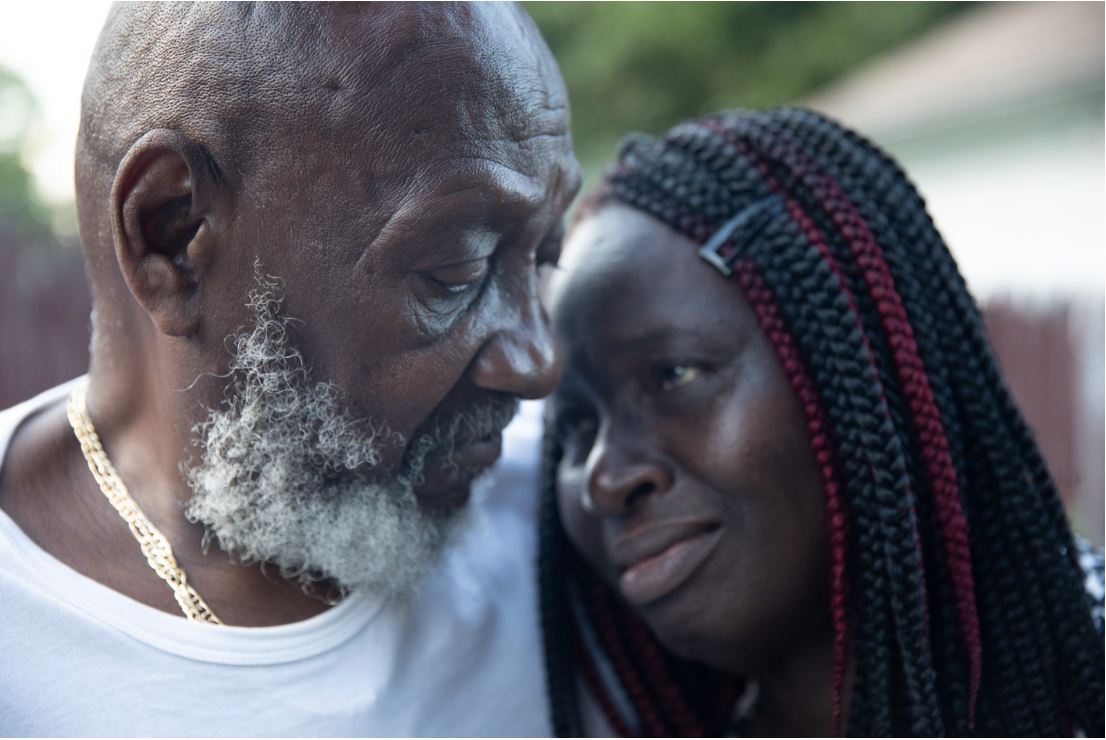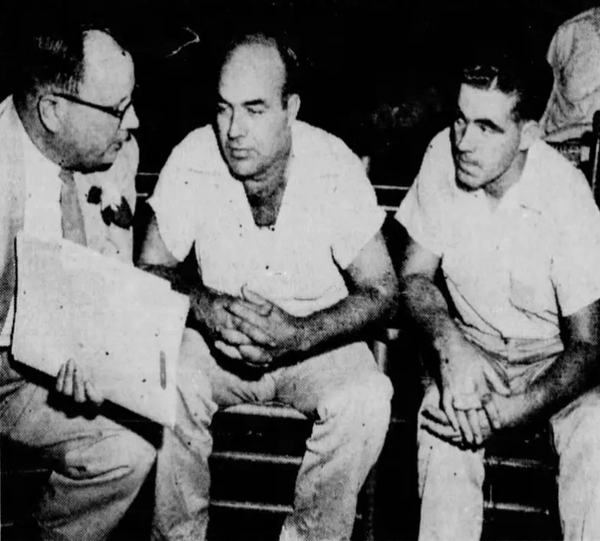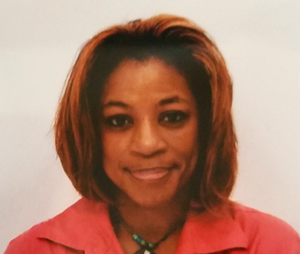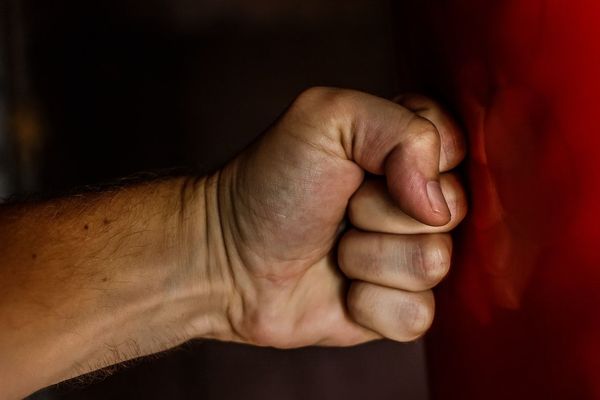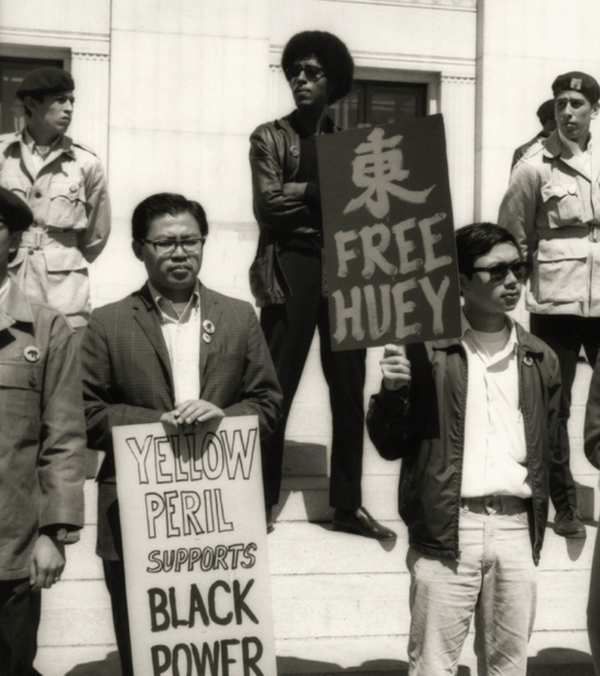Hate Is Personal
I’ve lived with hate all my life, as is true for far too many people all over the world. My first breath was taken in color-based segregation. A pigmentocracy, if you will; a country where a person’s rights and freedoms depended upon their skin color. The hospital didn’t allow “colored people” to receive care. It was only because my father was an orderly there that they permitted my birth — in the basement.
I was ten when the movie Parent Trap came to Charleston, West Virginia. I begged my mom to take me to see it. Before she agreed, however, she called the theater to find out if they let in “Negroes.” Even at that age, I knew she was embarrassed. That she had to ask if we could go where my white friends went freely has stayed with me for a long time.
My first race-based beat-down came when I was sucker punched by a white boy while my white friends did nothing to protect or support me. His racist taunts, and those of his friends, left me on the ground—alone—not knowing who I could count on in fights motivated by racial hatred. Other fights would come, I knew. My attitude, by then, grew defiant. No matter the odds.
I have been the recipient of hate mail and racist epithets spewed like punches for most of my life. Whether shouted from cars, spoken with righteous indignation to my face, written in anonymous letters, or confronting me with not-too-subtle hints that I did not belong, hate came from out of nowhere, aimed at more than flesh and bone. But after a vote of no confidence that the head of the faculty union could not deny had racial motivation, I finally said, “Enough!” And left the country of my birth, fleeing from racial hatred.
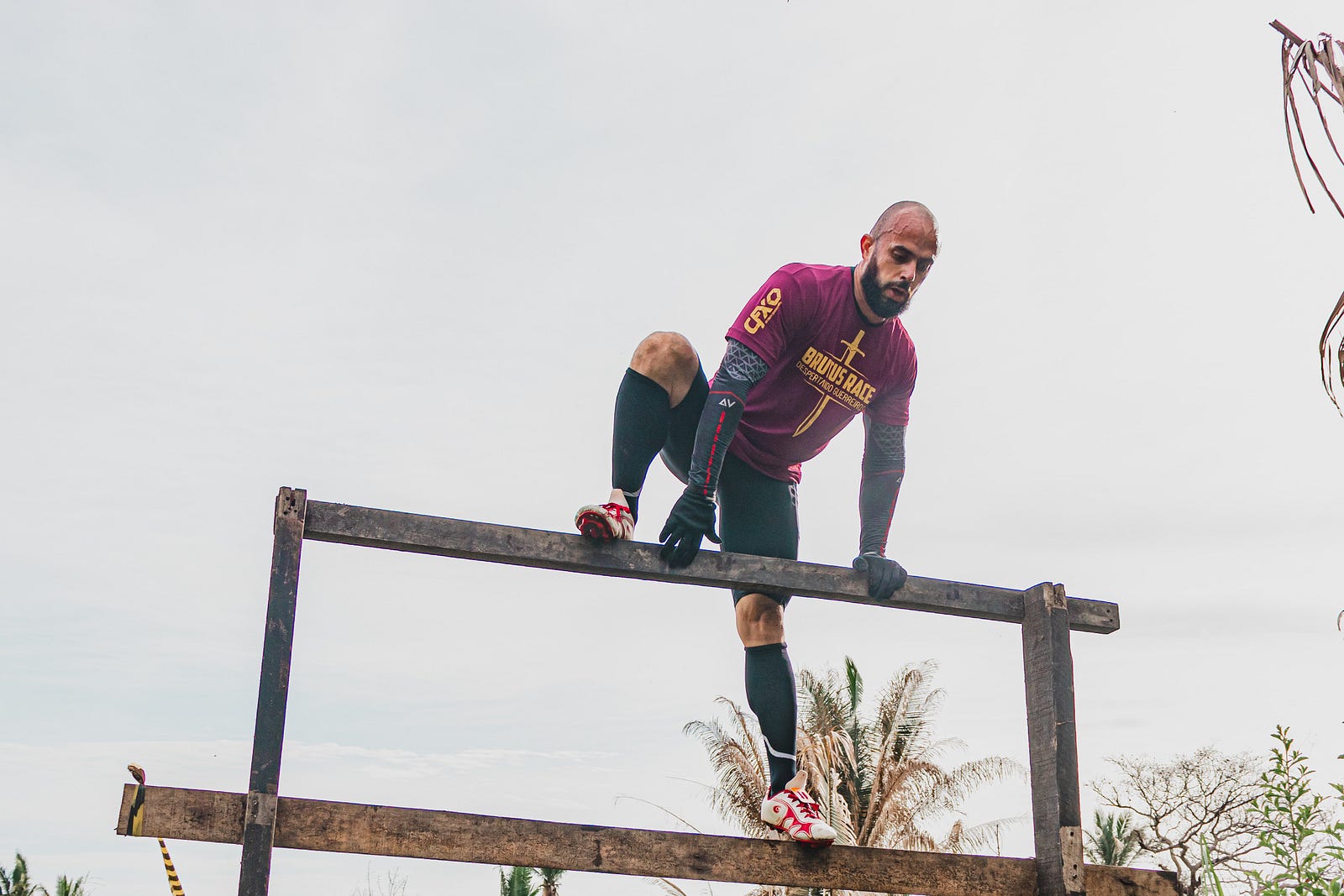
Denial Is the Enemy
Emmett Till’s mother, Mamie Till-Mobley, is an icon of courage we can emulate when there’s seemingly no model to be had. Her demands for an open casket funeral to show the world her son, beaten beyond recognition, put on display what hate for hate’s sake can do. Her belief, perhaps, was that bearing witness to hate is the only way God’s grace can heal the wounds hate inflicts and comfort those who know not what to do when hate has caused such pain.
Facing hate has been the way forward for African Americans. Though too often, the strength required to do so finds no safe haven. For our enslaved ancestors, finding strength to endure the results of hate had to happen either in secret or in isolation. Worship, learning, reading, and gathering were often illegal and too often punishable by lashings, rape, dismemberment, or death. Our homes have been terrorized; our communities burned; our churches bombed, well into the 1960s. However, as Poet Laureate Maya Angelou wrote,
You may write me down in history
With your bitter, twisted lies,
You may trod me in the very dirt
But still, like dust, I’ll rise.
“We shall overcome . . . ” might be the anthem for many; standing up against racist rants, derogatory disregard, institutionalized discrimination, biased treatment, and threats in places where safety and security are supposed to be the charge has been, and is, the pathway to overcoming. Let’s be clear though: facing hate has meant taking beatings, subjecting ourselves to abuse, and worse. We have done so, most willingly, because we believe not just in the anthem but in the ideals this democracy and its Declaration of Independence espouse:
We hold these truths to be self-evident that all men are created equal, that they are endowed by their Creator with certain unalienable Rights, that among these are Life, Liberty and the pursuit of Happiness.
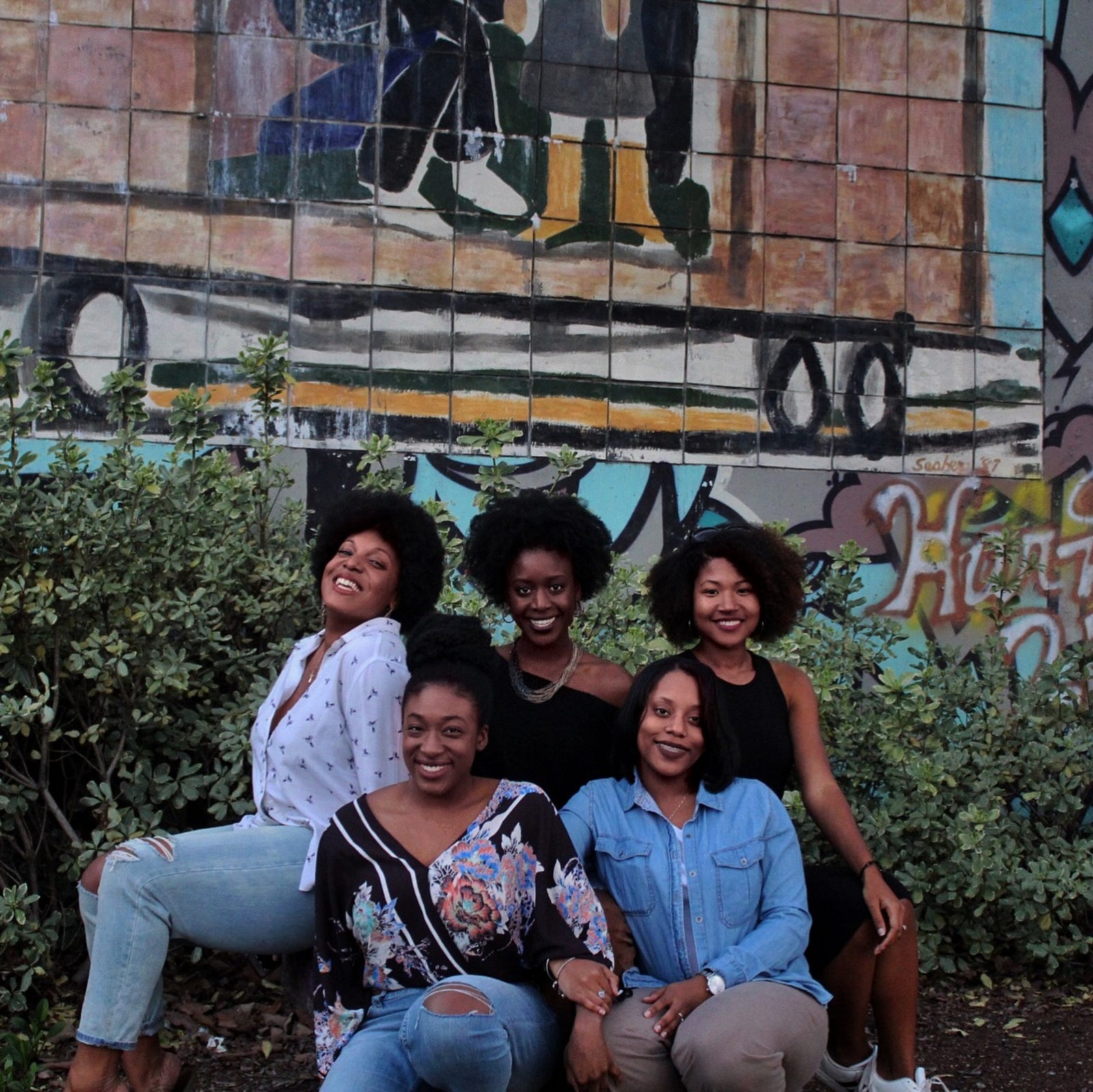
Success Is the Better Revenge
In the book, The Spook Who Sat Beside the Door (Sam Greenlee, 1969), the central character, Dan Freeman, turns his hate into revenge. He applies what he learned about guerrilla warfare, subversion, and spying while becoming the CIA’s first Black officer, to mount a war against those who advantaged themselves by, and continued to benefit from, genocide, colonization, and the enslavement of millions. The novel tapped into many people’s revenge fantasies. A war to end African American suffering at the hands of white people — the same energy, to change oppressed lives not of their making, that gives rise to many terrorists’ attacks these days.
Nat Turner’s revolt, in 1831, was the last organized terrorist attack against the chattel enslavement system that was then the law of the land.
Instead, African Americans have chosen to be aspirational in pursuit of freedom from oppression and injustice. As opposed to terrorism and deconstructionist thinking, African Americans have, as a collective, largely focused on systems and institutions that further hate and racial injustice. Instead of revenge and hateful attacks on hate-driven people or their kinships, struggles against racist hate have been, and are, motivated by James Madison’s belief in a more perfect union. A belief also espoused by Dr. Martin Luther King Jr’s philosophical embrace of the Beloved Community:
Rev. Martin Luther King Jr. popularized the term during his lifetime of activism and imbued it with new meaning, fueled by his faith that such a community was, in fact, possible. But he always acknowledged that realizing his vision would involve systems of law, education, infrastructure, health care, and municipal reform — no one sector, much less one person, could create it in isolation. (Achieving King’s Beloved Community, Harvard Graduate School of Education, 2019)
Being aspirational has meant heeding Dr. King’s calls for practical action. Writing laws, creating systems, and working within institutions have been long, arduous, and costly battles waged for substantive change. Non-violent protests, while working within political organizations and governance structures, have cost lives and meant suffering. Directing attention to injustices and holding the nation accountable to its ideals has caused many stress beyond repair. Yet, this is who African Americans have been for centuries — aspirational!
How else could people who overcame centuries-old tribal differences come to embrace a country they (literally!) slaved to create while being told they’d never own? A country, that despite others’ best efforts to bar access, African Americans own in a way many do not want to understand. Own, not just in bloodshed, babies birthed, and land, but more due to a deeply spiritual belief in ideals not yet realized.
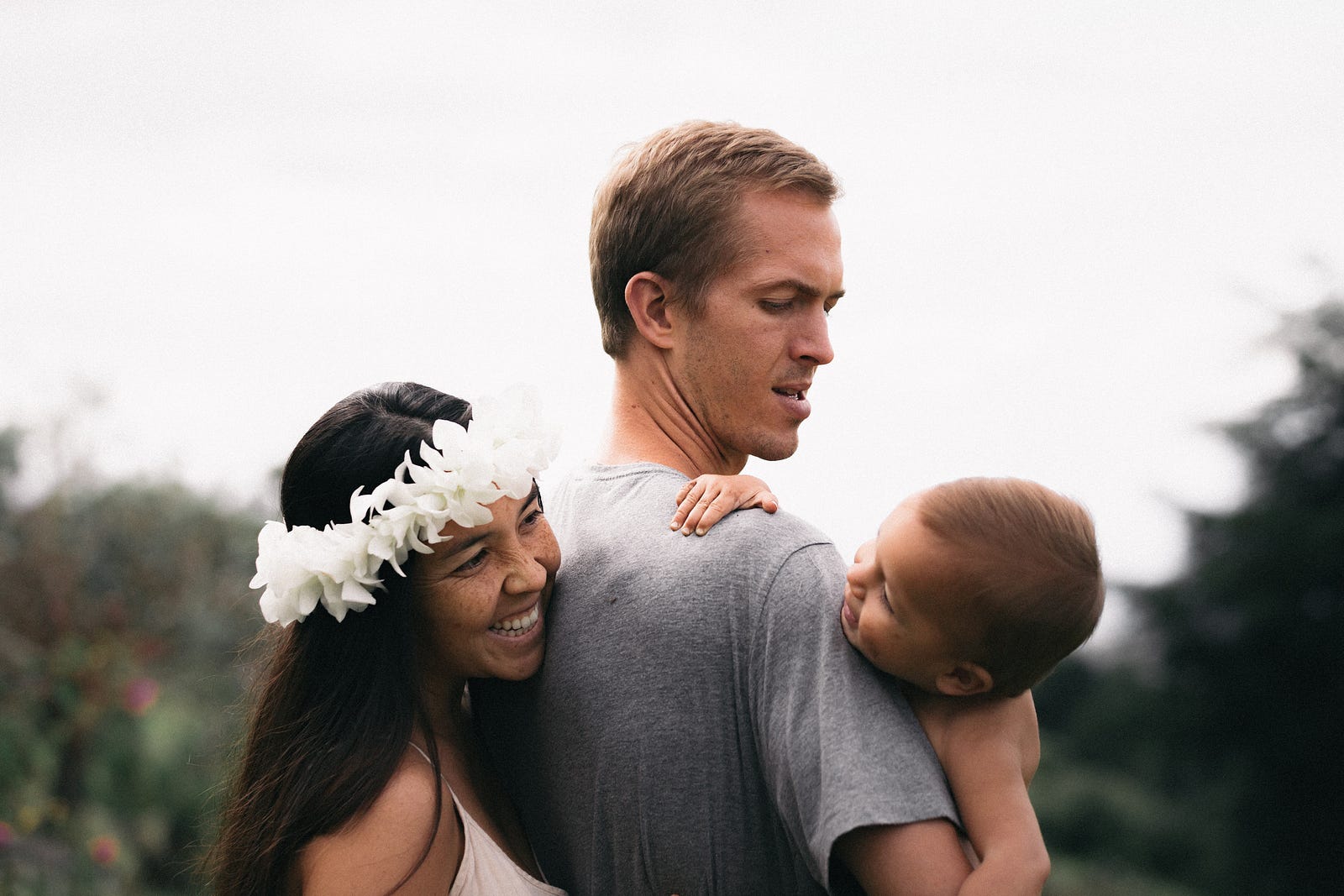
Al Fin
In tears, a few weeks ago, Florida State Representative Angie Nixon begged Israel to cease fire. Asking “how many dead Palestinians will be enough?” Her colleague, Florida State Rep Michelle Salzman shouted in reply, “All of them.” Revenge, edging her voice towards genocidal action. The same emotion that carried the U.S. into inflicting the loss of innocent lives after hijacked airplanes crashed into the World Trade Center and the Pentagon. Both cloud a seemingly unlearned reality: the only thing that rises from revenge is more hate.
Both King’s Beloved Community and the Constitution’s more perfect union promise a future where hope and healing triumph over hate. The way is not perfect, admittedly. Have African Americans suffered casualties in the fight against hate? Of course! How could anyone expect that there would not have been loss and self-inflicted wounds in addition to the courage, contribution, and commitment shown? Have there been rises, falls, and stumbles? Yes, amid land mines, treachery, legalized oppression, and theft, which have all taken their toll.
Yet, still, in over four hundred years, terrorism has not been the recourse. Not seen as the answer, even when opportunities presented themselves. Heroically, and wonderfully, African Americans have not picked up David’s stone to slay Goliath. Instead, we have lifted a nation, and a world, towards greater ideals. A commitment from which many could learn these days.


